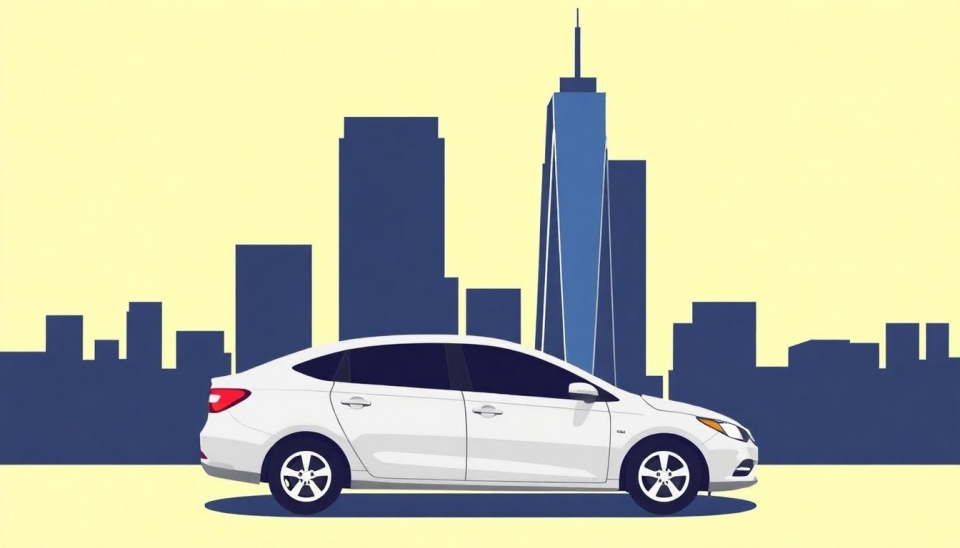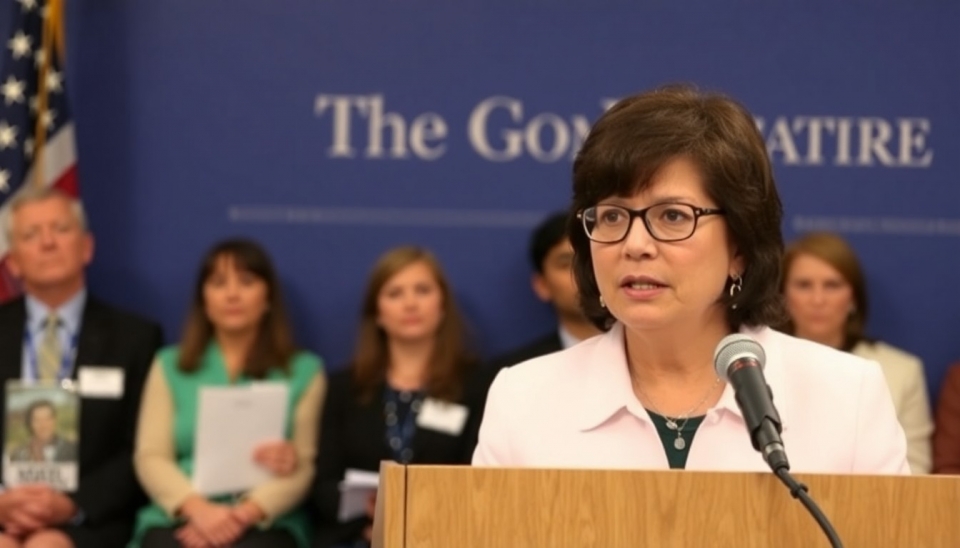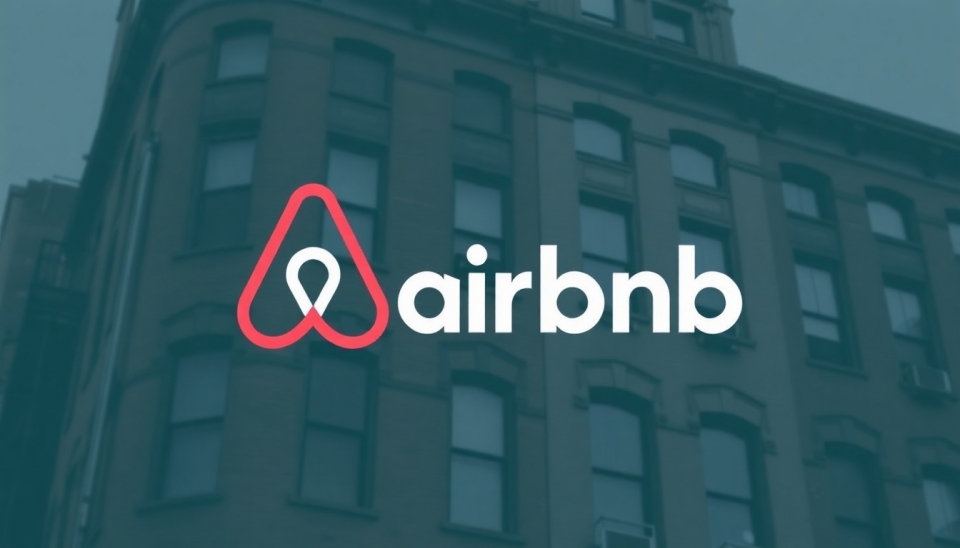
New York City is on the brink of implementing its long-awaited congestion pricing plan, but significant legal hurdles still loom. On December 20, 2024, a critical legal decision is expected regarding a lawsuit challenging the program, which aims to alleviate traffic congestion in Manhattan's central business district and improve air quality.
The congestion pricing initiative, passed as part of a broader effort to address the city's transportation issues and to fund public transit improvements, aims to charge vehicles entering the Manhattan area south of 60th Street during peak times. The proposal has been celebrated by environmentalists and urban planners as a way to reduce traffic and generate revenue for public transportation, but it has also faced stern opposition from various groups, including some motorists, local businesses, and Republican lawmakers.
The lawsuit in question was brought forth by various stakeholders who argue that the pricing plan could disproportionately impact low-income drivers and small business owners. They contend that the additional costs associated with the congestion fees could deter customers from coming into the city and that the plan has not conducted sufficient analysis on its socioeconomic impacts.
As the court date approaches, both supporters and opponents of the plan have ramped up their advocacy efforts. Proponents assert that congestion pricing is essential for cutting down on gridlock that has plagued New York for years while also pivoting towards more sustainable urban transport solutions. Critics, however, remain concerned about the potential negative consequences for everyday New Yorkers and businesses reliant on vehicle access.
City officials, including Mayor Eric Adams, have expressed their firm support for the congestion pricing initiative. They argue that the funds generated could enhance the city’s public transit system, which has faced numerous challenges and funding shortfalls over the years. Moreover, proponents highlight examples from other cities worldwide, where similar congestion pricing models have successfully reduced vehicular traffic and subsequently lower emissions.
The forthcoming court ruling will address a crucial aspect of the situation — whether the congestion pricing plan aligns with existing laws and regulations. Legal experts suggest that if the court rules in favor of the plaintiffs, it could delay the program's rollout, which was tentatively scheduled for as early as the following month.
The outcome will certainly be watched closely, not just by New Yorkers but also by other cities considering similar solutions to combat urban congestion. The legal decision on this initiative could either set a precedent for future congestion plans elsewhere or serve as a cautionary tale about the complexities of implementing such strategies in highly urbanized settings.
In summary, as New York City gears up for a potentially transformative shift in its approach to traffic management, the next legal developments will be pivotal. Whether the city can navigate these hurdles and implement the congestion pricing plan remains to be seen, and it will undoubtedly shape the future of urban transport in the nation’s largest metropolis.
Stay tuned for developments as we await the court's decision that could redefine congestion management in New York City.
#NewYork #CongestionPricing #UrbanTraffic #PublicTransit #TransportationReform #LegalBattles
Author: Emily Collins




